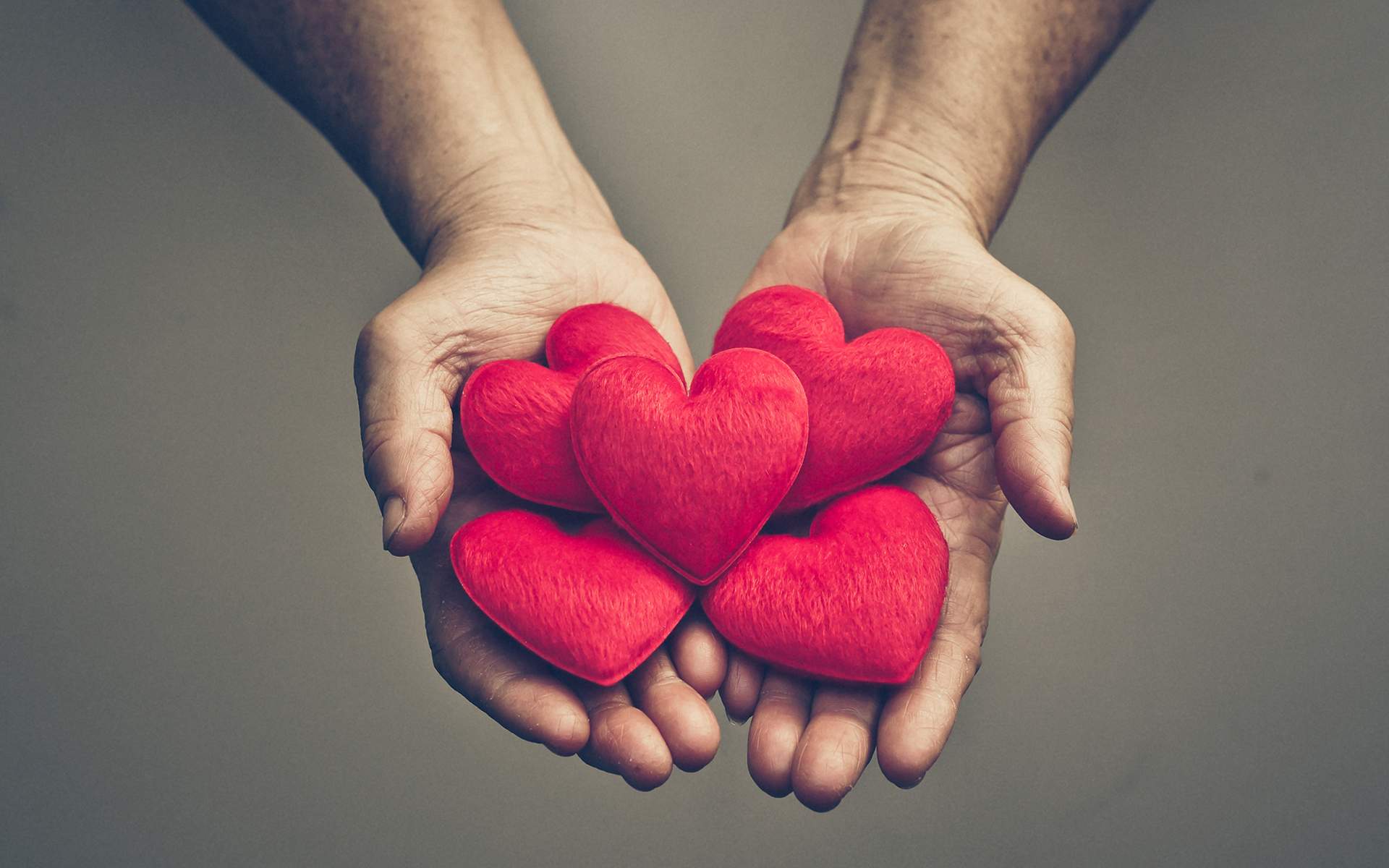
Boost Compassion & Courage in 15 Minutes
Discover how a simple 15-minute self-affirmation exercise can increase compassion, reduce schadenfreude, and boost courage. Science-backed results!
Discover how kindness creates a two-way street of well-being. Learn practical ways to improve relationships and personal happiness through compassion.

Many personal growth practices focus on actions: get on your own side, see the being behind the eyes, or take in the good. But this practice is different—it's about recognizing a fundamental truth: kindness to others is kindness to yourself, and vice versa. From this awareness, natural positive actions follow.
Years ago, I faced my largest speaking audience yet at a major psychology conference. Legendary experts surrounded me, and my anxiety skyrocketed. As I waited backstage:
Then I read a Dalai Lama interview about the joy of wishing others well. In that moment, I realized:
The kindest thing I could do for myself was to stop obsessing about 'me' and focus on being helpful to others.
I delivered my talk focused entirely on serving the audience—not my image. The result? Greater personal peace and a standing ovation. The ironies weren't lost on me:
This isn't just for big moments—it transforms everyday interactions:
We're neurologically wired for social connection. Studies show:
Every interaction sends waves through our "web of connection":
| Action | Ripple Effect |
|---|---|
| Kindness to others | Returns to you through improved mood and relationships |
| Self-neglect | Leads to depletion that harms your connections |
| Healthy self-care | Increases your capacity to give |
The transformative power comes when this recognition moves from intellectual understanding to embodied knowing. Try this:
As this truth settles into your bones, you'll naturally create upward spirals of mutual benefit—transforming your life and touching everyone around you.
This post is adapted from Rick Hanson's Just One Thing (JOT) newsletter, offering weekly practices for joy, fulfilling relationships, and peace of mind.

Discover how a simple 15-minute self-affirmation exercise can increase compassion, reduce schadenfreude, and boost courage. Science-backed results!

Explore Ohio's forgotten towns and scenic backroads while learning mindfulness lessons from unexpected detours. A travel reflection on seeing beyond the highway.

Learn a simple 3-step mindfulness technique to unhijack your attention, reduce stress, and improve present-moment awareness in just 2 minutes.